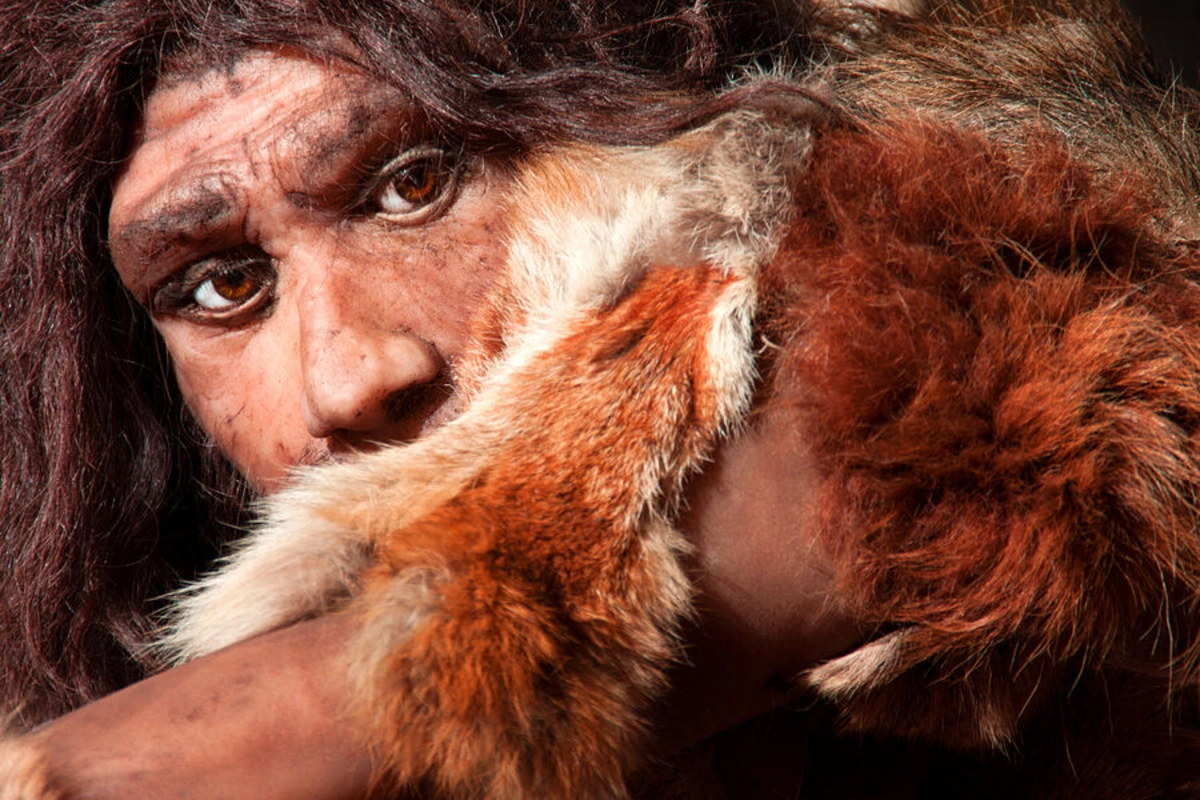An unexpected product named that influenced human evolution

An international group of researchers, who observed primates in the Issa Valley in Tanzania, established that fungi play an important role in primate nutrition and could have been significant for human evolution. The results of the work were published in the journal Ecology and Evolution.
Over four years, scientists recorded more than 50 thousand instances of feeding by chimpanzees, baboons, and red-tailed monkeys. It was found that all three species regularly consume fungi, but do so differently. For chimpanzees and monkeys, fungi serve as a seasonal "backup" during periods of fruit shortage, comprising about 2% of their diet. Baboons, however, eat fungi constantly and sometimes prefer them to other foods: in certain months, fungi made up more than a third of their menu.
Researchers believe that this approach helps the species avoid direct competition for food and reduces conflicts between them. Additionally, these observations may explain how early hominids adapted to life in savannas and woodlands where fruit trees were scarce.
"The fauna and flora of the Issa Valley resemble the landscape in which our ancestors evolved. If modern primates actively use fungi, it's logical to assume that Australopithecus or Homo habilis did the same," note the authors of the study.
Archaeological data support this hypothesis: traces of fungi have been found in the dental plaque of Neanderthals dating back about 40 thousand years. Scientists emphasize that the importance of this resource in human evolution remains underestimated, as fungi preserve poorly in fossil form.
Similar News
How are new generations changing Azerbaijan and where are we headed? - PULSE OF AZERBAIJAN
Azerbaijan Pulse Section: "Everything that Azerbaijan lives by today." In Baku, where new buildings and the old city coexist in one frame, the young generation...




 Azərbaycanca
Azərbaycanca  По-русски
По-русски  English
English 





